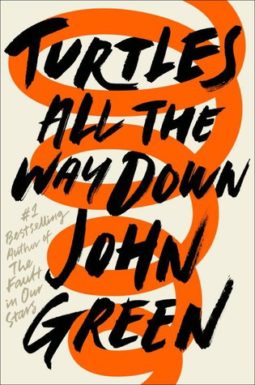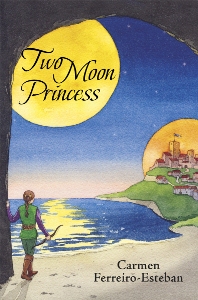This review contains affiliate links, which earn me a small commission when you click and purchase, at no extra cost to you. Thank you for supporting my small business and allowing me to continue providing you a reliable resource for clean book ratings.
Billionaire developer Russell Pickett is on the lam, just as he was about to be arrested for bribing public officials. Aza’s best friend, Daisy, notes the news and mentions to Aza, “Didn’t you know his son?” She did. A few years earlier, Aza and Davis went to a camp together for kids who had lost a parent.
That information might have stayed simply a tidbit of interest except for the fact that there’s a $100,000 reward for tips leading to Pickett’s capture. Their conversation leads to one little idea, taking the two on a little canoe ride down the river from Aza’s small house to Davis’s huge one. And Aza and Davis get reacquainted.
Aza’s romance with Davis, as everything in her life does, gets complicated by her struggle with anxiety and obsessive thoughts. She gets caught in spirals she can’t free herself from. She sees a doctor and has medication — that she mostly, kinda, takes regularly — but these thoughts are almost another personality inside her head. Who is she, really? Where does her self begin and end?
I had not read any of John Green’s other books until now (haven’t even seen “The Fault in Our Stars” movie) but I did want to see how he depicted the thoughts of a girl with OCD and anxiety. I thought it was brilliantly done. He gets us inside her head so well and shows how challenging it can be to be in there yourself, trapped in your own thoughts, but also how it can feel to be a loved one. What do you say? How much do you “push” them to get help? How much help can medication and therapy actually give? I liked his observation that people expect progress, for the person with an illness to get better, but that isn’t necessarily the reality: “I wanted to tell her that I was getting better, because that was supposed to be the narrative of illness: It was a hurdle you jumped over, or a battle you won. Illness is a story told in the past tense.”
Plus, Green just crafts an interesting story, complete with characters who are real, whose experiences don’t get neat little bows on them by the end but learn things about themselves. He also shares some really beautiful insights about loss and grief that resonated strongly with me. There is one beautiful passage near the end where the main character is thinking about her late father, about the intersection of memory and imagination when it comes to loving and remembering someone who’s died, and it was absolutely perfect. I am holding on to that set of paragraphs to reflect on. I’m glad I got to read this book.
Rated: High. There are a couple dozen uses of strong language and some crude sexual references. Sexual scenes are limited to making out; one character would like to go further than that with her boyfriend and it becomes a sticking point.
Click here to purchase your copy of Turtles All The Way Down on Amazon.




